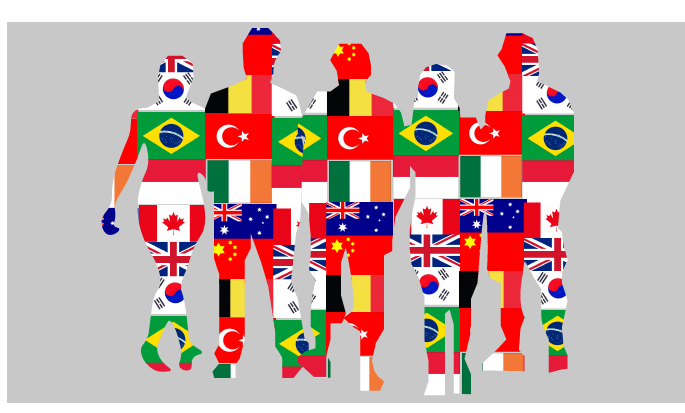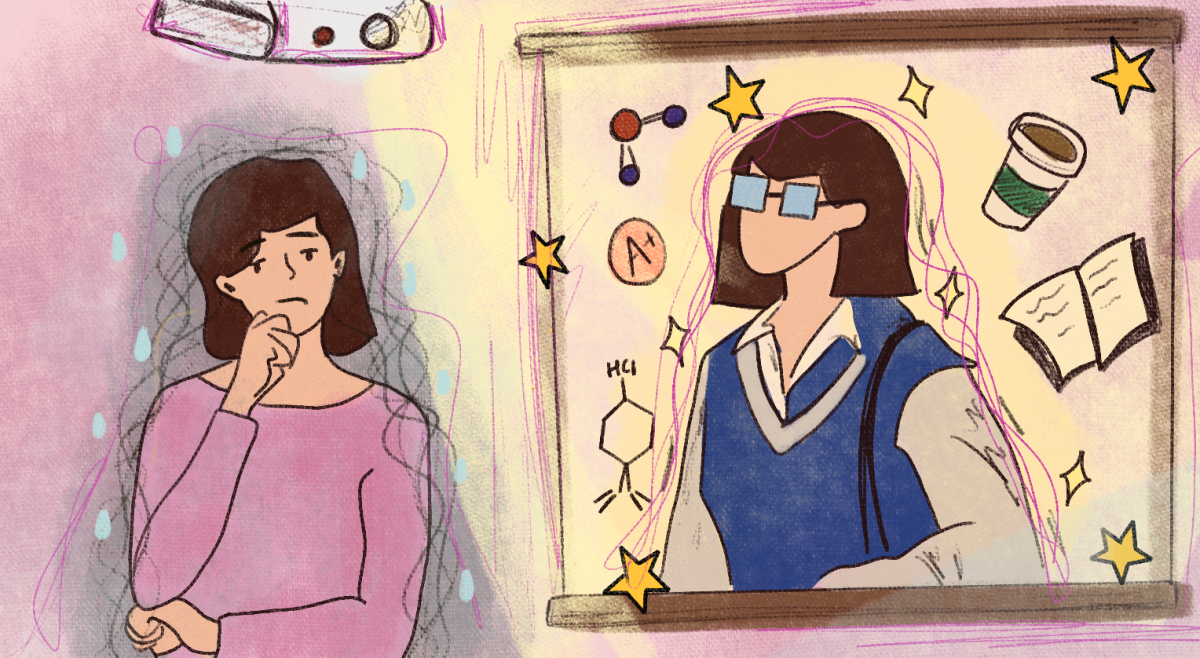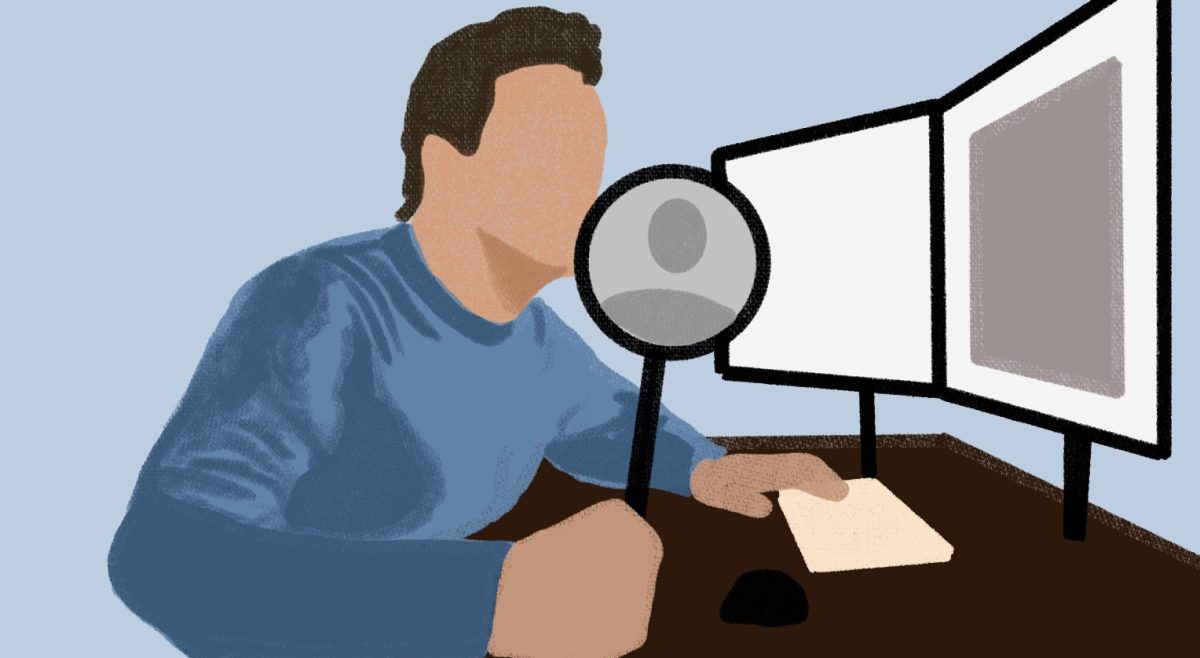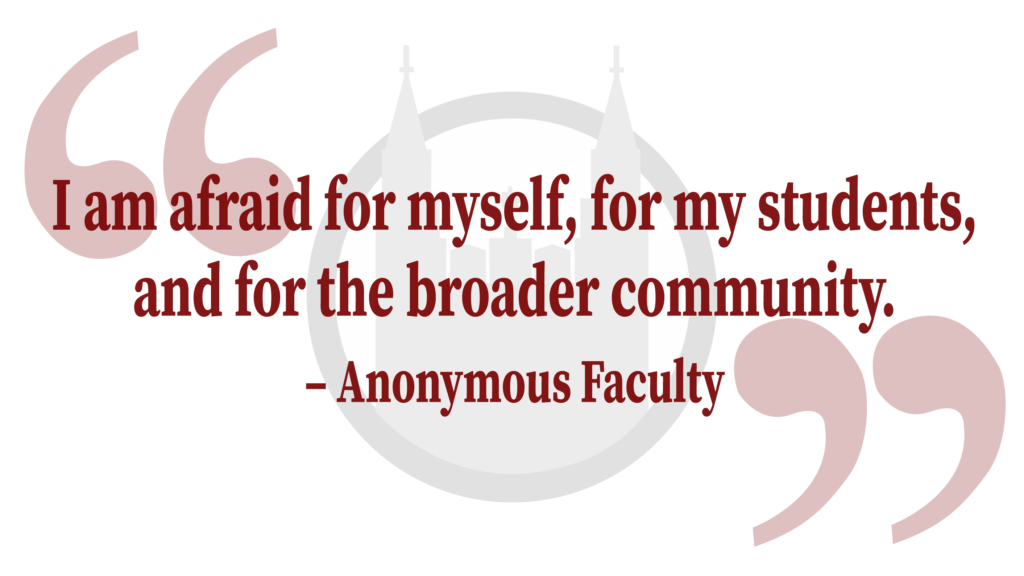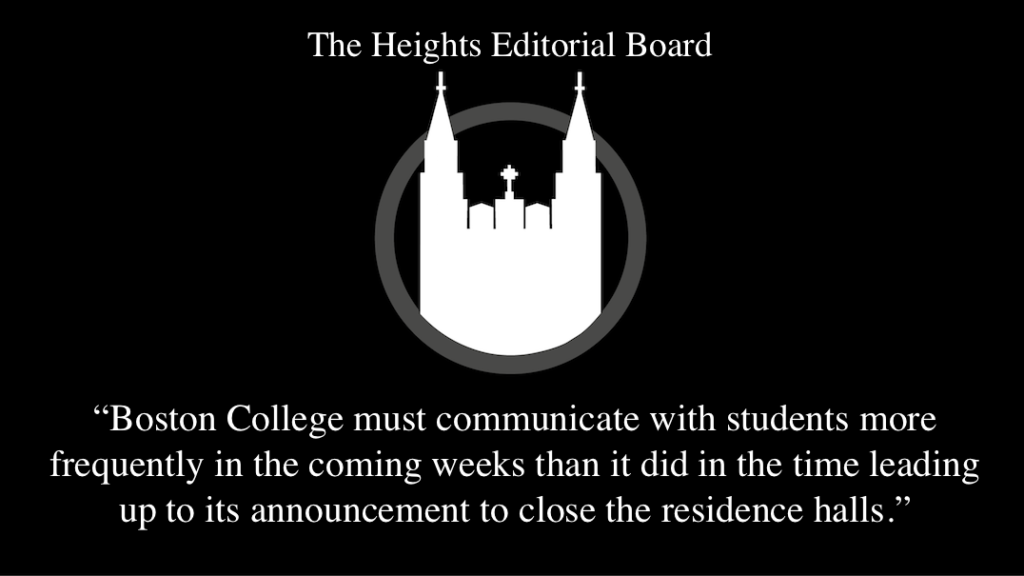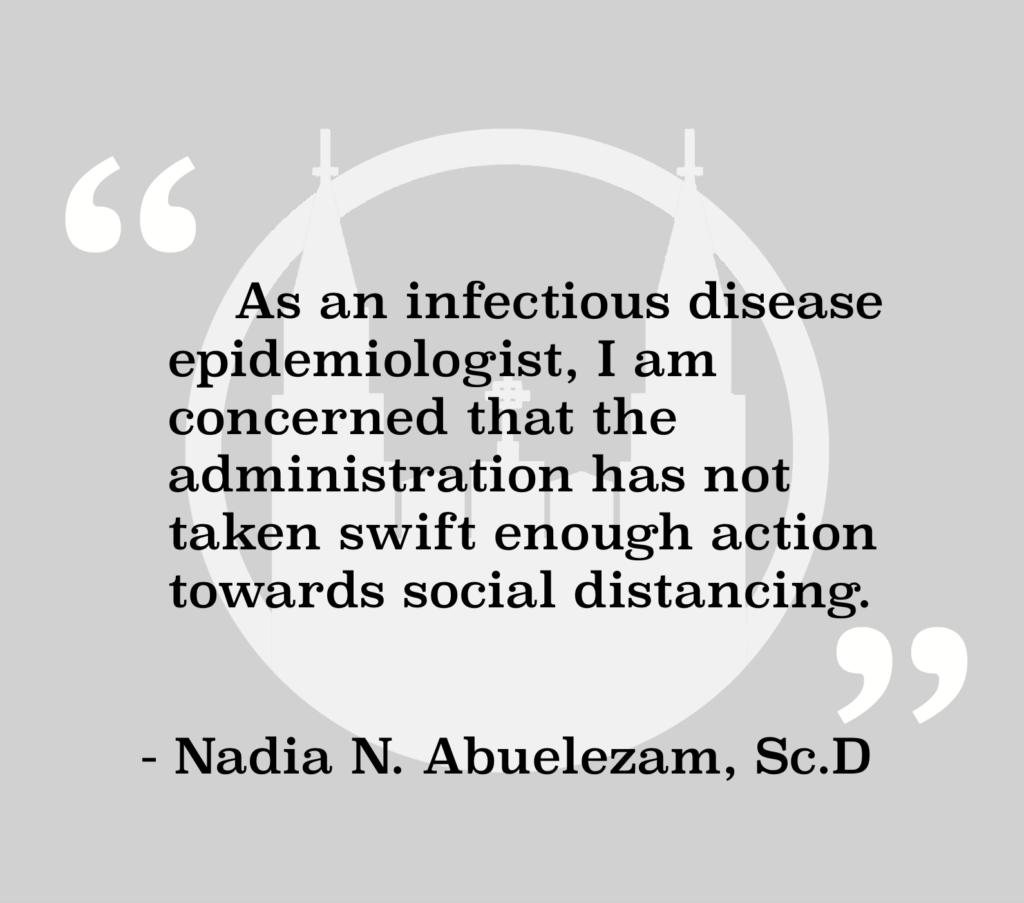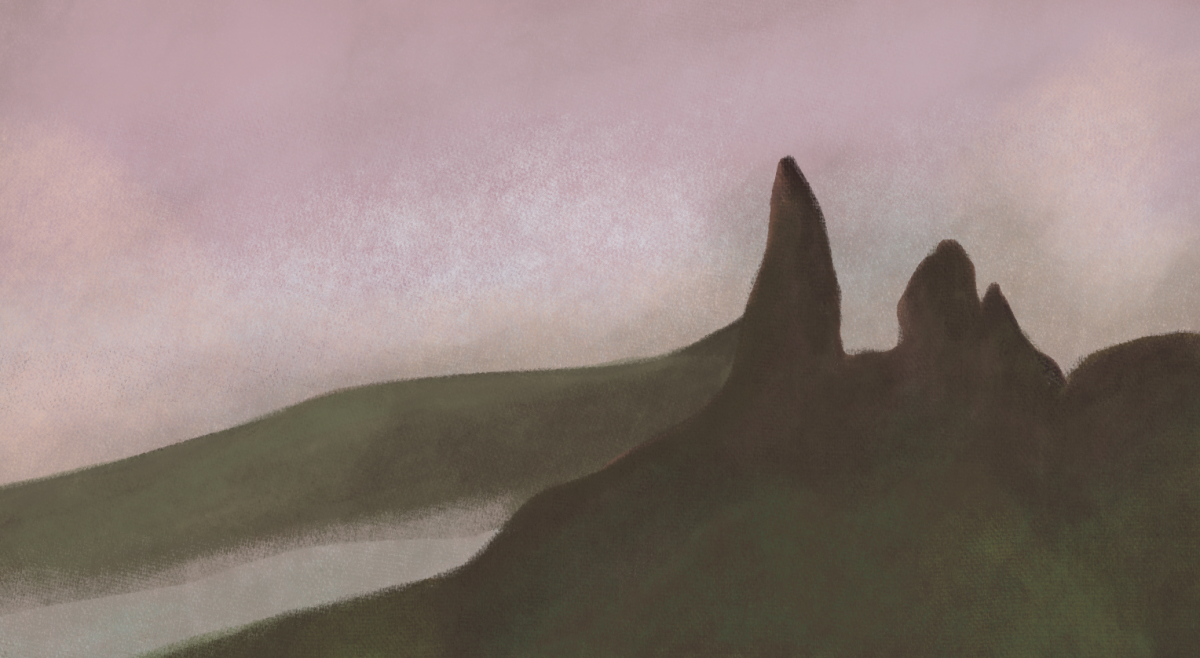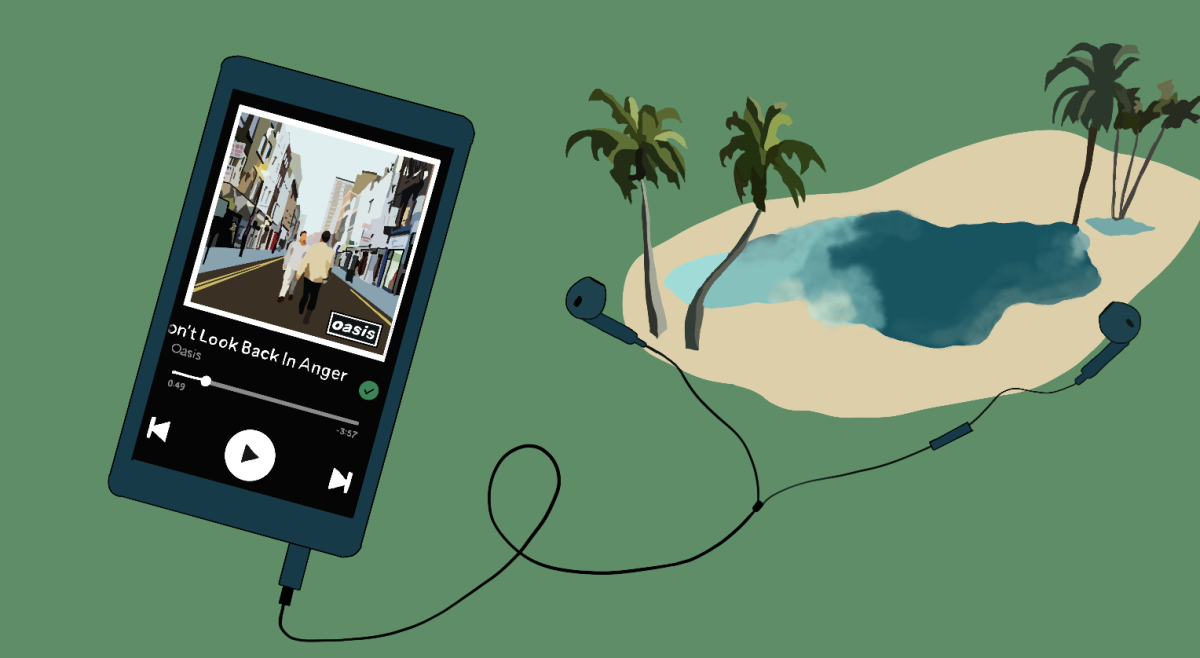In the one year that I have been at Boston College, I have discovered many things that have taken me by surprise. For one, I could not have predicted that a couple pieces of popcorn chicken could completely transform my life the way they did. The one thing that startled me the most as an Asian international student, however, was how careless and negligent the BC community tends to be when it comes to issues regarding diversity.
In the beginning of my freshman year, after having completed the mandatory DiversityEdu module, I found myself in a classroom in Gasson to have yet another discussion about “diversity.” When prompted by the instructor about why Americans may find it difficult to form friendships with international students, a white student answered while looking at me: “It’s because we can’t speak Chinese, so we can’t really talk to them.” I was one of the only non-white students in the room. As it so happens, I could not speak to the Chinese students in their native language either—I’m Indonesian.
I can, however, speak to them in English, just like he could have. For an international student to be accepted into an American college such as BC, he or she must be able to demonstrate proficiency in English. Have you ever passed a TOEFL test? I have. So has every other international student here.
As early as my second day here, I came to the realization that the color of my skin and the features of my face played significant roles in determining whether people deemed me worthy of their time. I could not answer queries or even be remotely involved in conversations out of fear of receiving eye-rolls. One time at lunch, as I was making my way to Eagles Nest from Stokes, a girl turned to her friend and said, “They all look the same, so they probably speak the same language, too.”
I am not a “they.” I am human. That’s what racism is: reducing a person to preconceived notions and stereotypes. Racism is stripping someone of their humanity and instead clothing them in centuries of hate. It is when you see someone for their race, and not for their unique qualities.
So, as a white student, you may not think of yourself as “racist.” I certainly hope that you do not do these things consciously. However, when you walk into a new classroom and intentionally avoid sitting next to international students, you are indirectly judging people based on race. When you look me up and down for an odd amount of time and continue to stare unabashedly—something that you probably would not do to a white person—you are indirectly excluding me. Non-white individuals like me notice these small things, and over time they add up to become a large obstacle that, when combined with perpetual streams of “do you speak English?” and avoided eye contact, takes a wrecking ball to even the best of my and other non-white students’ self-confidence.
Before coming to BC, I never felt apologetic about my race. Before my freshman year, I cannot recall a single moment in which I did not want to be Asian. This changed when I arrived here. Coming to BC made me feel as though I could not communicate my ideas because I was made to feel unintelligent. When other people assumed my ethnicity and rendered my English inferior to theirs, they involuntarily made me question if I could actually speak it correctly, even though I know it as well as my native tongue. It made me wonder if I should maybe despise myself for being anything else but white. For the very first time in my life, I was ashamed of my race.
Looking back, I am revolted by the fact that I was even the slightest bit apologetic of who I was because of the biases of close-minded individuals who could not find it in themselves to be open to new people and ideas. It irks me to think about how much stock I put into the prejudiced opinions of those who only saw me for the differences I exhibited on the outside. It sickens me even more to realize that I allowed myself to fall into that same mindset and invariably let myself believe that if I could play by the rules that were set by this community, I would somehow be accepted.
It’s frustrating to think that I wasted so much time trying to fix a problem pertaining to myself that didn’t exist in the first place. I think that, in some ways, I was robbed of the privilege of feeling at home here merely because of how I looked. I tried so incredibly hard to fit a standard that, in hindsight, was physically impossible for me to conform to. However, looking back at it today, I can say with absolute certainty that I am not at fault for some of my white peers’ inability to wrap their heads around the reality that a non-white, international student like me could have a normal conversation with them about John Steinbeck or Machiavelli or even Modern Family. After all, I cannot blame myself for the ignorance and indifference of others.
In the one year that I have been at BC, I have come to accept several things. For one, I can now embrace the fact that my race and nationality do not make me less deserving of a BC education, even though there are individuals in this community who might suggest the opposite. I have learned to accept that I cannot be blamed for the opinions people form of me, based solely on my ethnicity and the way I look to them. I understand now that this community will not shift or change based on expectations and hopes that are harbored by a non-white international student like me. For other new or returning international students, please know that you are just as deserving of this experience as your peers.
I am not here to say that BC is a terrible institution. It is a great college. My and other non-white students’ problems are not unique among American colleges or in America in general. Yet what I am positing is that it’s extremely difficult for non-white students to assimilate themselves to BC while they face all of these injustices. As students begin a new year, their experiences will be widely based on how they are socially accepted by their peers. Unfortunately, that social acceptance is founded at least partially on nationality and race. We are all human—and as it stands, it is my right to be seen as human first, not just “different.”

